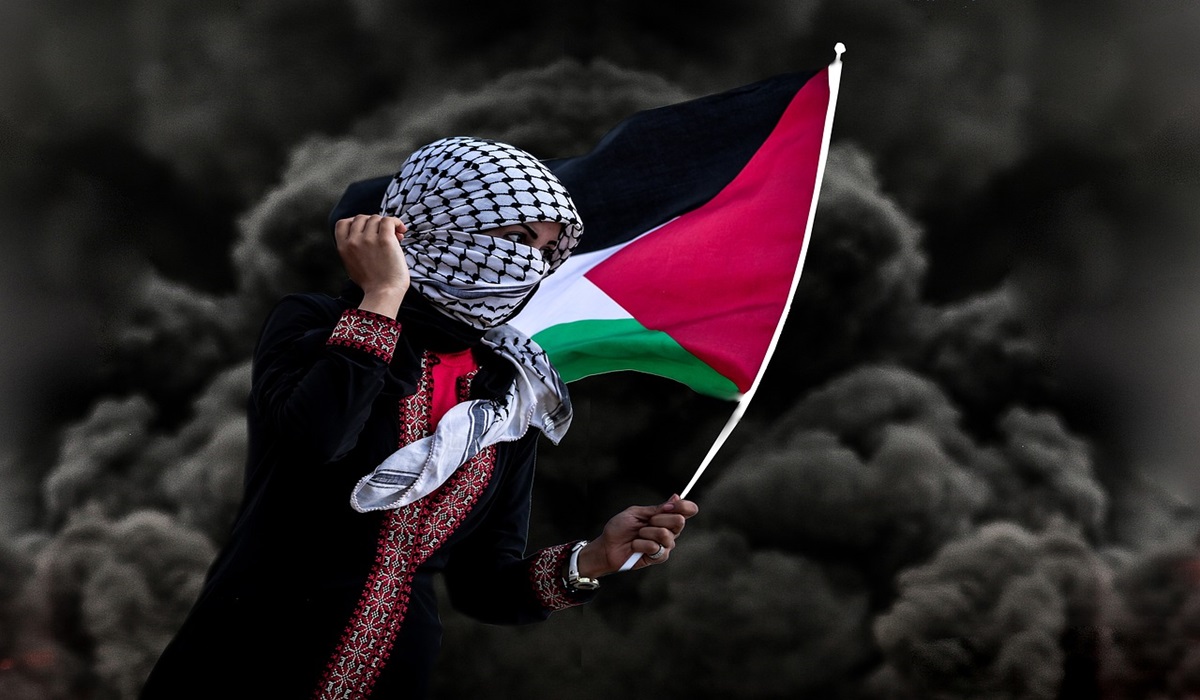Silent Witnesses: It’s Not My War, Not My Fight, Not My Country, Not My People!
- TDS News
- Middle East
- Trending
- May 2, 2024

Image credit, Hosny Salah
In the annals of history, amidst the dusty tomes and digital archives, lie the accounts of our collective journey. They tell tales of triumph and tragedy, of courage and cowardice, of progress and regress. Yet, among these narratives, few are as hauntingly resonant as those marked by conflict and the echoes of human suffering. In the corridors of time, where will we be when the pages turn to recount the events of our era? What will we say we’ve done in the face of adversity, particularly in the shadow of crises like the destruction of Gaza?
Five years from now, ten years from now, when the dust settles and the ink dries, will we find solace in our actions or remorse in our inaction? The looming specter of the Gaza crisis, labeled by many as one of the worst preventable genocides, demands introspection and action. It beckons us to ponder our role in the tapestry of humanity, urging us to confront uncomfortable truths and challenge the status quo.
In the corridors of power and the streets of solidarity, will we stand arm in arm with the oppressed, protesting vehemently against injustice? Will we lend our voices to the chorus of change, advocating for peace, ceasefire, and an end to the cycle of violence? Or will we retreat into the comfort of complacency, muting our conscience with the refrain, “It’s not my war, not my fight, not my country, not my people”?
These questions are not merely philosophical musings; they are profound interrogations of our moral compass and collective consciousness. For too long, history has been stained by the blood of innocents, marred by the scars of conflict, and haunted by the specter of genocide. Yet, despite our purported intellect and civilization, we continue to perpetuate the cycle of violence and oppression.
Why? Why, in the face of overwhelming evidence and undeniable proof, do we fail to heed the lessons of history? Why do we allow greed, power, and prejudice to cloud our judgment and dictate our actions? When will we, as a species, embrace our shared humanity and recognize that the pain of one is the pain of all?
The answers to these questions are not simple, nor are they easily attainable. They require courage, compassion, and a willingness to confront the uncomfortable truths that lurk beneath the surface of society. They demand that we transcend the boundaries of nationhood, ethnicity, and religion, and recognize that we are all interconnected, bound by the fragile thread of human existence.
In the face of conflict and crisis, we must rise to the occasion, not as passive bystanders, but as active agents of change. We must raise our voices in solidarity with the oppressed, amplify their cries for justice, and demand accountability from those who wield power unjustly. We must confront the root causes of conflict – be it political, economic, or ideological – and work tirelessly to address them through dialogue, diplomacy, and collective action.
Moreover, we must recognize that our actions, or lack thereof, have consequences that reverberate far beyond our immediate surroundings. The wounds of war and the scars of genocide do not heal easily; they linger in the collective memory of humanity, serving as a stark reminder of our capacity for both good and evil.
As we navigate the tumultuous currents of history, let us not forget our duty to each other as fellow inhabitants of this fragile planet. Let us heed the lessons of the past and strive to build a future defined not by conflict and division, but by compassion and cooperation. Let us stand on the right side of history, knowing that our actions today will shape the world of tomorrow.
In the end, when the history books are written and the dust of conflict settles, let us be able to say with conviction that we did not stand idly by in the face of injustice. Let us be able to say that we were, indeed, our brother’s keeper, and that we saw our fellow human beings not as foes, but as friends. For it is only through such acts of solidarity and compassion that we can hope to build a world worthy of future generations.








